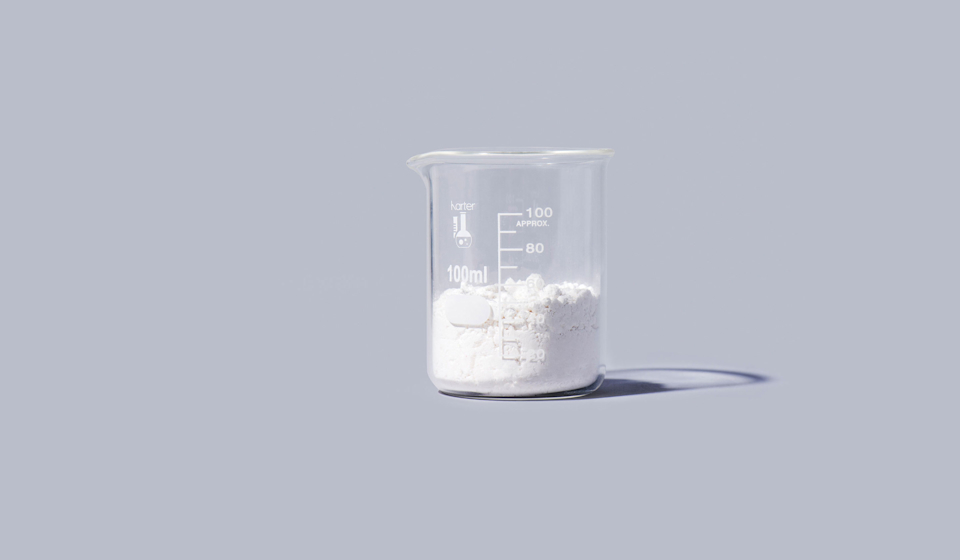Genes are tricky, especially when it comes to your body’s ability to efficiently utilize nutrients. One of the most common examples of this is folate, a nutrient that we all need for DNA synthesis and brain health. Because of a common genetic variation, many of us (some stats say up to one-third) have a tricky time utilizing synthetic folic acid, a form of folate common in dietary supplements. Which begs the question: How do you find an ideal form for all genetic types? Let’s get into it.
What is the MTHFR gene variation?
The MTHFR gene controls the production of an enzyme called methylenetetrahydrofolate reductase. MTHFR enzyme helps the body process and convert folate (also known as vitamin B9). This conversion helps the body create amino acids that we need to build proteins and other essential compounds.
The caveat? With folic acid, the synthetic form of folate, this conversion process is pretty lengthy and not always efficient—especially for those with that genetic variation.*







